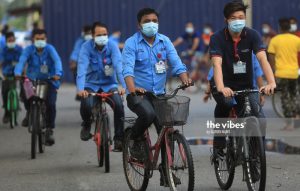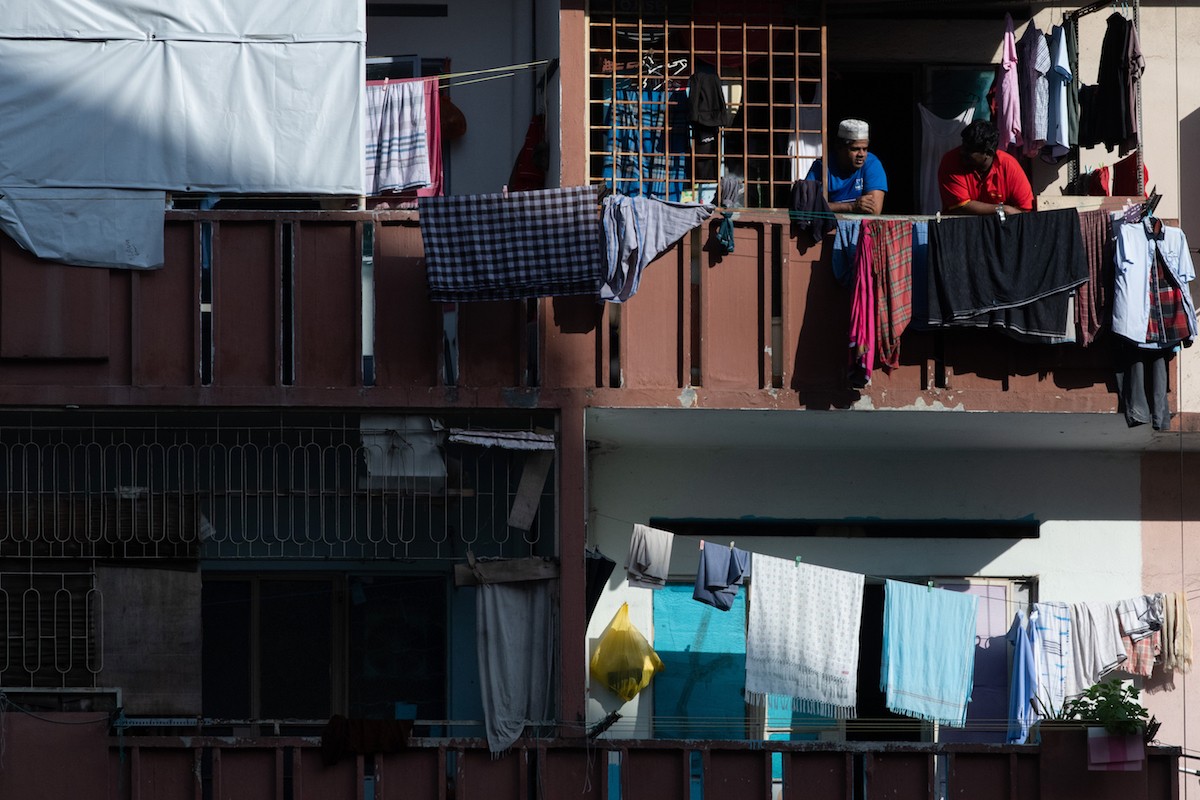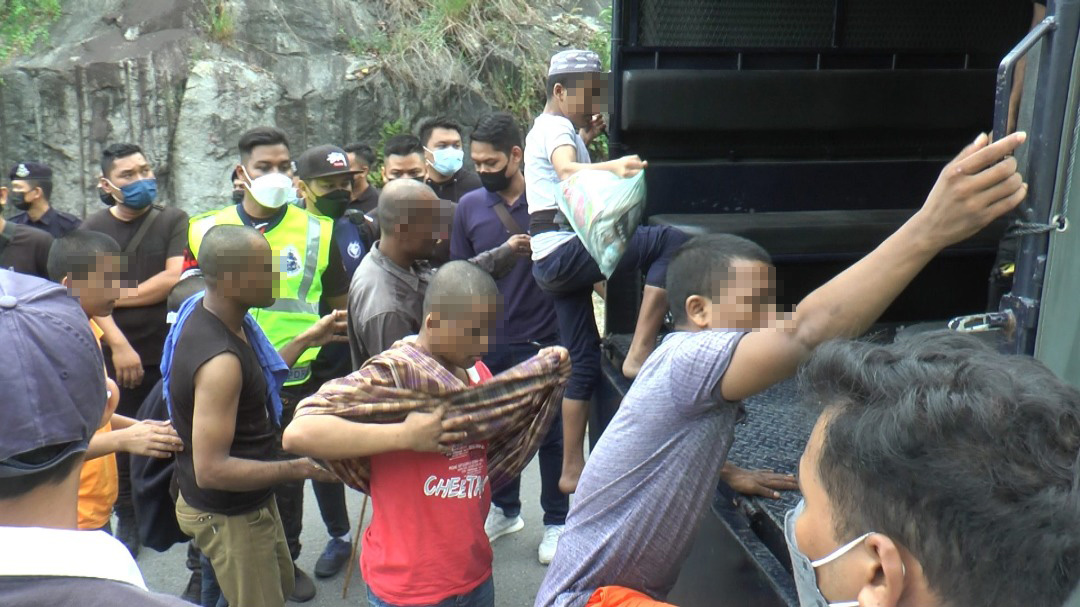Blamed, defamed, deported: media attacks on migrants in M’sia – Kow Kwan Yee

They keep the country’s economy humming, but become scapegoats when times get tough
(The Vibes) – As Covid-19 swept through Malaysia, xenophobic comments in the mainstream press defended and amplified harsh government treatment of undocumented workers.
Migrant workers face health, social and economic challenges, even at the best of times. During the pandemic, the plight of undocumented workers in Malaysia grew desperate as they struggled with the loss of jobs and inadequate access to healthcare.
Hate speech on social media intended to humiliate and blame the community became more prevalent, and these xenophobic messages were repeated in the mainstream media.
In July 2020, Al Jazeera aired a documentary called Locked Up in Malaysia’s Lockdown, which focused on the hardships endured by migrant workers during the first movement control order implemented in the country.
The documentary highlighted that many migrant workers were left stranded in their dilapidated and poorly maintained hostels, relying entirely on their limited savings and hiding from immigration raids. Al Jazeera criticised the Malaysian government’s perceived lack of empathy for the plight of migrant workers.
In response, the authorities defended the immigration raids and investigated Al Jazeera’s journalists. A Bangladeshi national interviewed and featured in the documentary was deported.

Between July and September 2020, numerous articles were published highlighting the alleged threat posed by undocumented migrant workers, in a clear attempt to justify the government’s aggressive actions towards them.
The Star – the highest-circulating English-language local newspaper – published 29 articles or reports covering migrant workers in Malaysia, at least 13 of which predominantly included negative reactions from various government officials to Al Jazeera’s documentary.
The “migrant workers are a threat” narrative was used in almost all of the reports, which emphasised quotes from government officials, police officers, academics and local citizens living in areas with high numbers of migrant workers.
The Star even published articles that cited professors, columnists and economic experts who claimed foreign workers were responsible for “spreading the virus” and the “increasing hiring cost that worsens the country’s economy”.

Berita Harian – one of the highest-circulating Malay-language newspapers in Malaysia – published numerous articles and reports directly and indirectly condemning the documentary.
Words such as “fitnah” (slander), “tidak beretika” (unethical) and “tidak tepat” (inaccurate) were repeatedly used to describe the report and the journalist who produced it. A few of the articles in Berita Harian went even further, questioning the legal status of Al Jazeera as a media agency operating in Malaysia and insinuating there was a foreign imperialist agenda against the country.
Migrant workers were repeatedly described using words such as “bahaya” (dangerous), “ancaman” (threat), “jenayah” (crime), “seludup” (smuggling) and “sindiket” (crime syndicate). The Bangladeshi national who featured in the documentary was described as someone who had purposely made a series of false accusations against the Malaysian authorities and who must immediately be deported.
The Star and Berita Harian are part of private media corporations associated with component parties of the ruling government.

